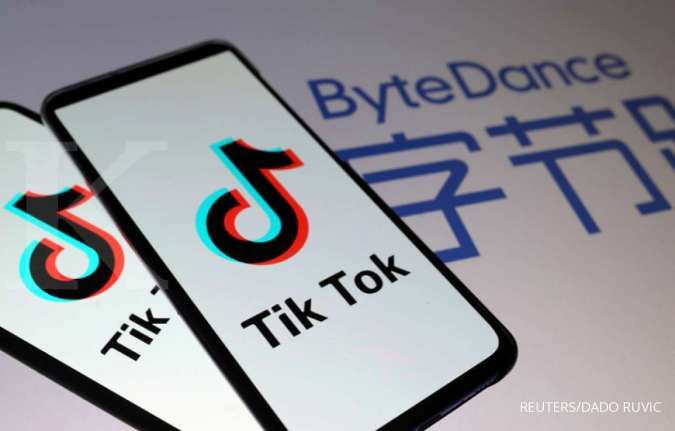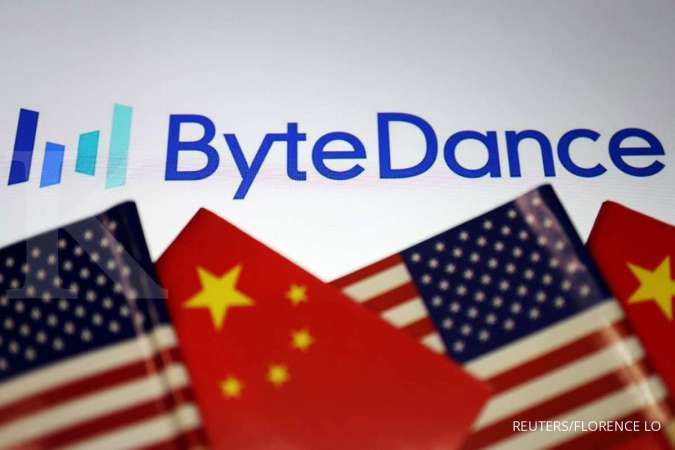KONTAN.CO.ID - WASHINGTON. The U.S. House of Representatives plans to vote on a bill on Wednesday that would give TikTok's Chinese owner ByteDance about six months to divest the U.S. assets of the short-video app used by about 170 million Americans or face a ban. The vote is expected around 10 a.m. ET (1400 GMT) under fast-track rules that require support by two-thirds of House members for the measure to pass. It is widely expected to pass, according to both proponents and opponents. The vote comes just over a week since the bill was proposed following one public hearing with little debate, and after action in Congress had stalled for more than a year. Last month, President Joe Biden's re-election campaign joined TikTok, raising hopes among Tiktok officials that legislation was unlikely this year. The measure is the latest in a series of moves in Washington to respond to U.S. national security concerns about China, from connected vehicles to advanced artificial intelligence chips to cranes at U.S. ports.
US House to Vote to Force ByteDance to Divest TikTok or Face Ban
KONTAN.CO.ID - WASHINGTON. The U.S. House of Representatives plans to vote on a bill on Wednesday that would give TikTok's Chinese owner ByteDance about six months to divest the U.S. assets of the short-video app used by about 170 million Americans or face a ban. The vote is expected around 10 a.m. ET (1400 GMT) under fast-track rules that require support by two-thirds of House members for the measure to pass. It is widely expected to pass, according to both proponents and opponents. The vote comes just over a week since the bill was proposed following one public hearing with little debate, and after action in Congress had stalled for more than a year. Last month, President Joe Biden's re-election campaign joined TikTok, raising hopes among Tiktok officials that legislation was unlikely this year. The measure is the latest in a series of moves in Washington to respond to U.S. national security concerns about China, from connected vehicles to advanced artificial intelligence chips to cranes at U.S. ports.






